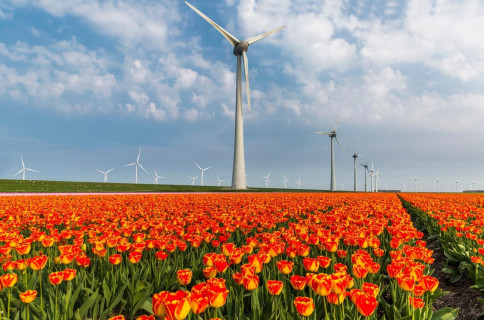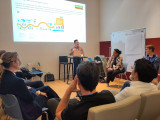Last months, I wrote short essays about controversial aspects of the energy transition: geo-engineering (CCS included), biomass, geothermal energy, hydrogen and nuclear power (in Dutch). With these articles I tried to clarify my thoughts and to share my conclusions with others. At the end of the fifth article, I arrived at a - provisional - conclusion in 11 short phrases. I wonder whether you agree....
Meet the five stepdaughters of the energy transition





